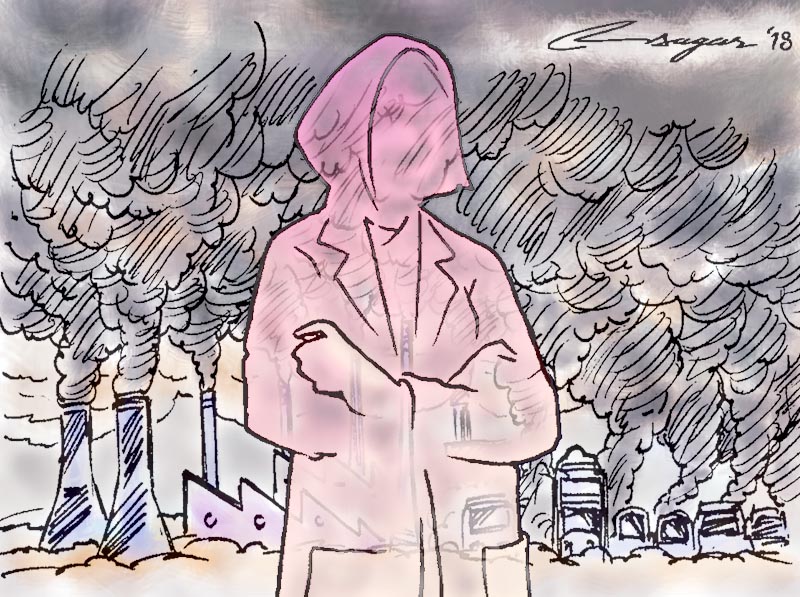Victims of pollution to be compensated
Kathmandu, July 17
The government has introduced a new rule to provide justifiable compensation to the people or community for the adverse impacts on their health and lifestyle due to environmental pollution caused by development projects.
National Environment Policy 2019, recently endorsed by the Parliament, has envisioned compensation for people under the concept of environmental justice. As of now, all kinds of organisations, people or development projects have been penalised only for environmental pollution, sometimes resulting in the revocation of their licenses.
It also stated that development projects should prioritise development and environment integration while preparing Environment Impact Assessment report for any development projects. “After getting approval, the EIA report will be made transparent,” it stated.
It also stipulated a provision for concerned bodies to allocate budget to mitigate the impacts of environmental degradation before the execution of projects.
The policy categorised types of pollution as water, air, soil, sound, electro-magnetic waves, chemical and radio frequency. It stated that stringent rules would be enforced to reduce all types of pollution. But, it did not clearly state measures to be taken to reduce pollution.
Quality monitoring centres in pollution-prone areas and water testing system will be established around the industrial areas. Waste source apportionment, landfill sites, hazardous waste landfill sites and incineration plants, and combined incineration plants will be built, according to the policy.
The policy, however, did not mention issues of climate change. The Supreme Court on July 2, had released a full text of its order directing the government to formulate an act to address the effects of climate change.
The constitution of Nepal has guaranteed people’s right to live in healthy environment.
According to Environment Statistics of Nepal-2019, ninety per cent of industries which produce toxic wastage have been operating without proper waste management system. Some 89.3 per cent of industries lacked solid waste management facilities.
Areas with heavy traffic, commercial-cum-residential areas and industrial areas inside Kathmandu valley exceeded the limit of noise pollution set by the World Health Organisation.






